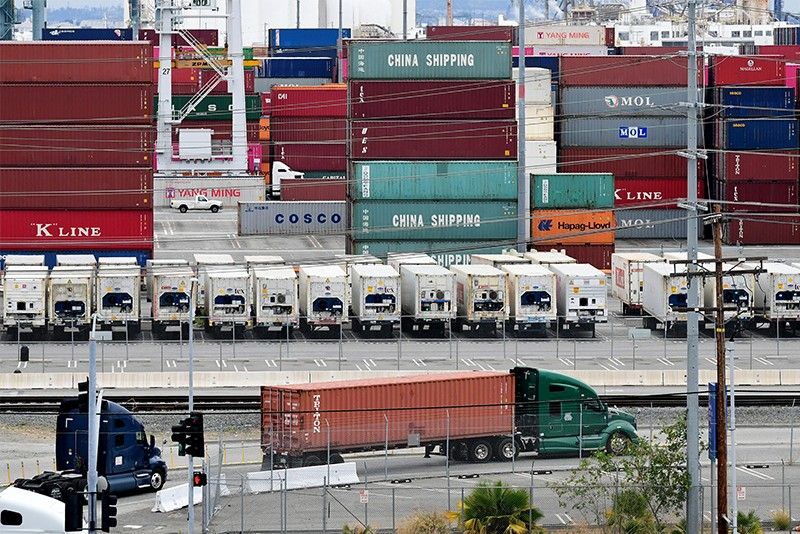Philippines among the destinations for relocating businesses amid trade war — report

MANILA, Philippines — The Philippines could benefit from companies’ decision to relocate their businesses to Southeast Asia as firms absorb the impact of a burgeoning trade war between the US and China, analysts at J.P. Morgan said.
In a report dated June 26, J.P. Morgan said some companies are disclosing "increased production" from Southeast Asia in the first half of the year, while others indicated shifting supply chains in the second half or next year.
Based on its “text mining analysis” of company transcripts, J.P. Morgan said 8% of firms that decided to move their operations to Southeast Asia mentioned the Philippines.
Aside from the Philippines, Indonesia and Cambodia also received 8% mentions each within the region.
Meanwhile, Vietnam remains the biggest gainer with 47% of mentions from companies that disclosed relocation geography. Thailand received 5% mentions.
“In our view, the attractiveness of SE Asia as supply chain relocation geography is underpinned by large working-age populations, relatively low-cost wage structures and high skill levels,” J.P. Morgan said.
“We believe that optimism around the resolution of trade tensions has delayed plans of relocation. In our view, continuing trade tensions will lead to further supply chain shifts,” it added.
“On average, companies have indicated supply chain can shift in 2-3 quarters.”
World leaders kicked off one of their most high-stakes G20 meetings in years Friday. The most eagerly anticipated part of the meeting will be on Saturday when US President Donald Trump and Chinese President Xi Jinping hold their first face-to-face since the last G20, to thrash out a truce in a long-running trade war that has stymied the world economy.
Experts believe there is little chance of a full deal immediately, saying the best hope is for a truce that would avoid Washington imposing new tariffs and ramping up the conflict.
But even a truce is not guaranteed, with the Wall Street Journal reporting Thursday that Beijing will not agree to any deal unless Washington lifts its ban on Chinese telecoms firm Huawei.
Before arriving, Trump said China wanted a ceasefire because its economy was "going down the tubes", appearing to also threaten another $325 billion in levies in addition to the $200 billion Washington has already imposed.
According to J.P. Morgan, companies evaluating supply chain shifts could increase if trade tensions are not resolved.
“SE Asia is seeing increased activity, but the bulk of relocation is yet to come. We believe the beneficiaries should be industrial estates, autos/auto components and Vietnam’s power generation names and port operators,” the investment bank said.
“Supply chain shifts can benefit ASEAN tech companies over the mid-term, but trade tensions present near-term risk,” it added. — Ian Nicolas Cigaral with AFP
- Latest
- Trending




























